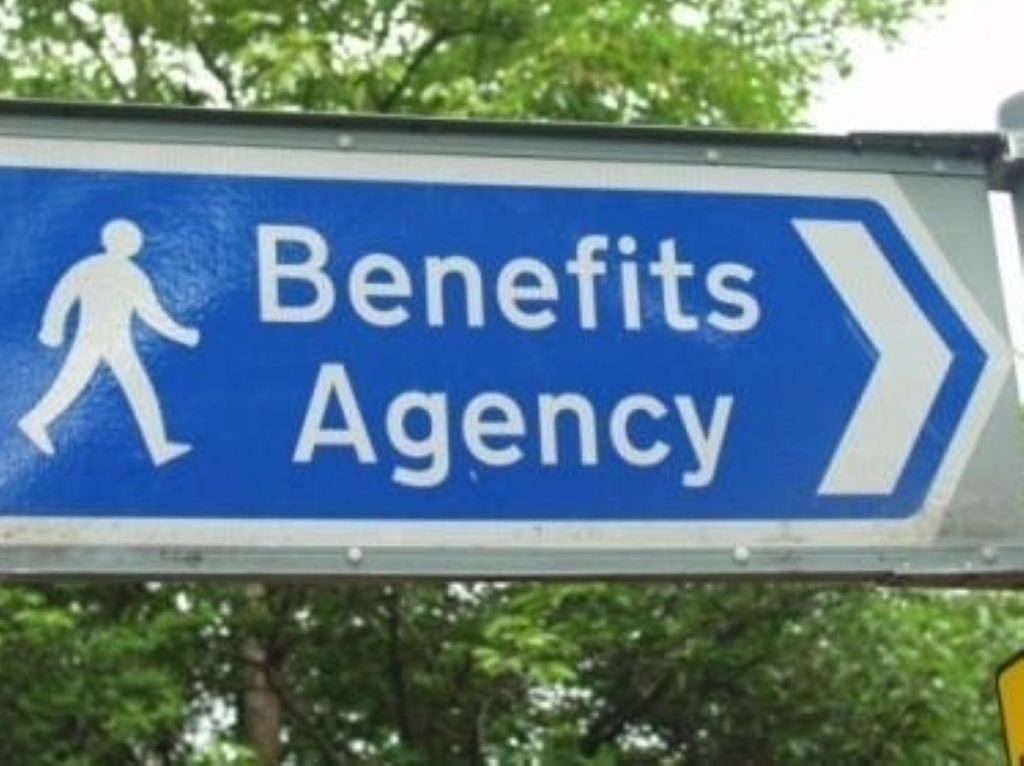Claimants face benefits surveillance
Credit firms could be used by the government to help tackle benefit fraud, the government announced today.
It follows a pledge by David Cameron to pursue an “uncompromising” effort to reduce the amount of benefits money lost to fraud and error.
Credit rating agencies like Experian are preparing proposals which could see them tasked with rooting out benefit fraudsters, as part of a wider government drive to reduce the annual £5.2 billion cost of fraud and error in the benefits system.


The government says it wants to use publicly available information about UK consumers to check whether claimants’ spending habits are in line with the benefits they are receiving.
“If you’re a major retailer, you can get access to extensive consumer data on the market that will tell you your spending patterns,” employment minister Chris Grayling told the Today programme.
“Why should government not use the same tools that are available to independent organisations? This is data that’s publicly available, that’s publicly on sale, that is available… to set out spending patterns, what loans you’ve taken out, what your overall patterns of spending in your life are.”
He said action would only be taken if a “huge mismatch” between spending habits and the benefits claimed was detected.
Work and pensions secretary Iain Duncan Smith will outline the government’s strategy on dealing with fraud and error this autumn.
The prime minister outlined a number of approaches he wanted Mr Duncan Smith to examine in an article for the Manchester Evening News newspaper.
“Right now we’re working flat out to pull our economy back from the brink, reducing our deficit so that we can live within our means once again,” Mr Cameron wrote.
“At a time when we’re having to take such difficult decisions about how to cut back without damaging the things that matter the most, we should strain every sinew to cut error, waste and fraud in our welfare system.”
Mr Cameron said tougher penalties, more prosecutions and bigger incentives for people to come forward and identify those they know are cheating the system were all being considered.
Welfare and tax credit fraud, together with administrative error, costs Britain £5.2 billion every year.
Mr Cameron added: “That’s the cost of more than 200 secondary schools or over 150,000 nurses. It’s absolutely outrageous and we cannot stand for it.”
But only £1.5 billion of the £5.2 billion is being lost through fraud. Max Wind-Cowie of the thinktank Demos warned that the government’s rhetoric could be confused with reality.
“In terms of the money we’re talking about saving, Cameron has said over £5 billion, the fact there’s that much in the system is a testament to how complicated this really is,” he said on the Today programme.
“There’s a real danger of counting our chickens before they’re hatched in terms of factoring in what we project we might save from a crackdown on fraud when actually the figure is likely to be substantially lower than that.”

